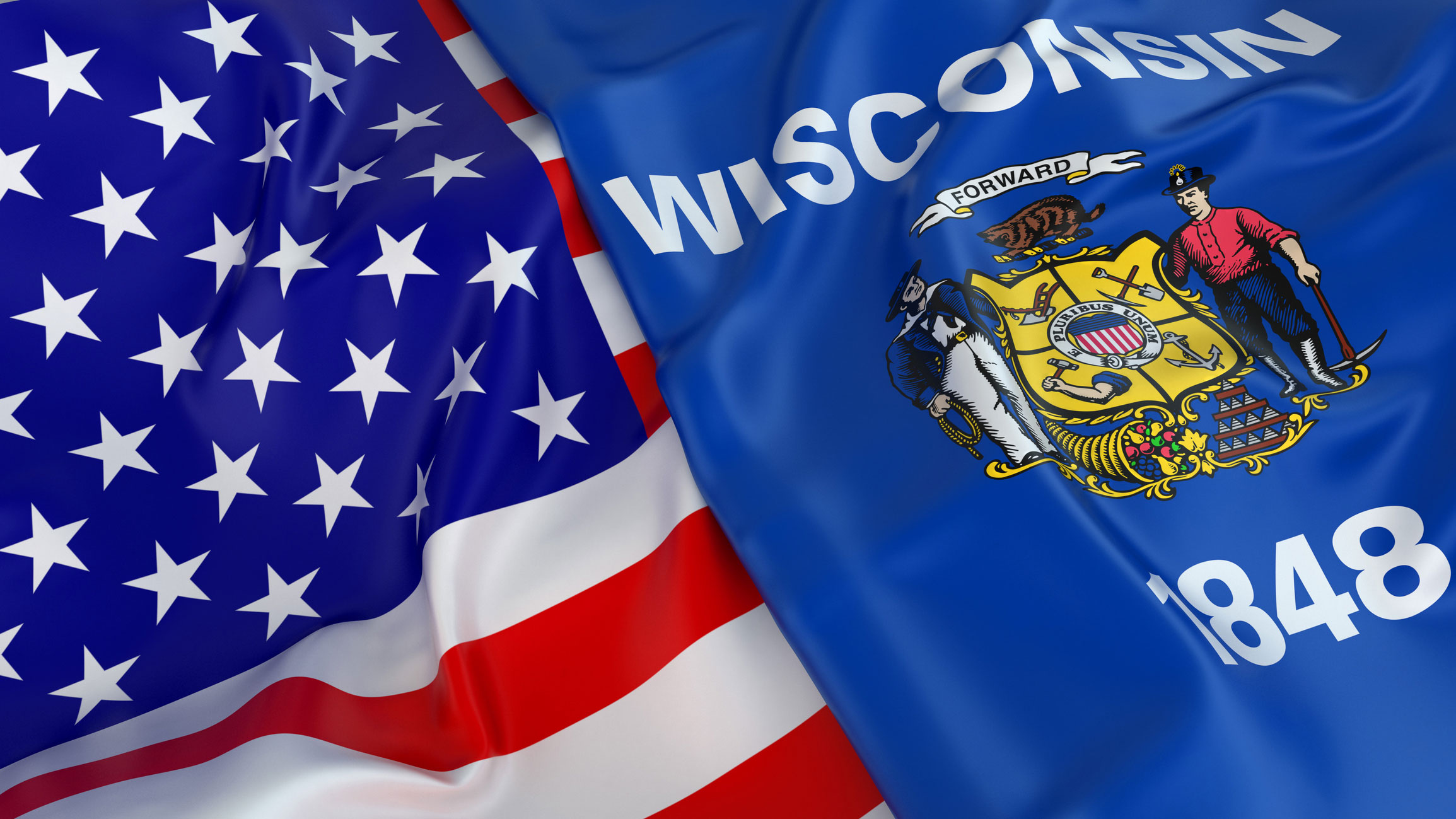In its recent Town of Greece v. Galloway decision the United States Supreme Court ruled that local governments do not violate the First Amendment when they open their meetings with prayer, even if those who lead the prayer do so according to their own sectarian beliefs about how to pray. As the time, place, and manner of prayer goes, I find that I benefit spiritually a great deal more from praying in blocks of time set apart for communing with God in a private or closely held setting by speaking to oneself and to God than I do from delivering a public oration as agenda item two before the city council in the municipal building. Nevertheless, the courts ruling is an important and a welcome one. However much ceremonial legislative prayer matters or does not matter to you, the meaning of the First Amendment matters to us all. So long as people of all faiths (including those whose faith presupposition is that there is no God) approach the city council on level ground, a city government does not violate the Establishment Clause of the First Amendment (Congress shall make no law respecting an establishment of religion) merely by acting in such a way as to acknowledge that its citizens regard religious faith as an important part of their community. Its always a blessing to the people when common sense prevails at the court.
And yet, although a majority of the court ruled in this way, not all of the justices did so for the same reasons. The concurring opinion by Associate Justice Clarence Thomas argues that the practice does not violate the Establishment Clause becauseand heres the startling and dangerous partit has no applicationwhere only municipal action is at issue. Thomas argues that the Establishment Clause is best understood as a federalism provision that applies only to the actions of government at the national level.
Not everyone spends a lifetime studying the ins and outs of constitutional law (and the world would be fairly beige if everyone did!), but the implications of Thomass position should alarm almost any citizen of this country. If the Establishment Clause only applies to the federal government, then Dearborn, Michigan, would be entirely within the law to declare itself an Islamic city so long as it still permitted Christians or Jews to worship freely within the city limits. Utah could establish Mormonism, Puerto Rico could establish Roman Catholicism, and Las Vegas could build a municipal shrine to Aphrodite.
I dont believe that Thomas is attempting to accomplish any of these outcomes. He advocates this point of view because he sincerely believes that this is the meaning, rightly interpreted, of the United States Constitution. He argues for this position from history, by comparison to other portions of the constitution, and by determining that the Establishment Clause protects a different party with regard to a different kind of right than does the Free Exercise Clause.
In his appeal to history, Thomas rightly notes that the United States first implemented the Establishment Clause in just the way that he advocates. Massachusetts, for example, retained its establishment of the Congregationalist Church until 1833, some fortytwo years after the Bill of Rights had gone into effect. Although our friends in Boston were the last to grant full religious liberty to their citizens, in the 1790s a whole host of states had religious establishments. Who can argue with Thomass observation that the relationship between church and state was far from settled at the time of ratification [of the Bill of Rights]?
Thomas also argues his point by citing favorably the courts application of the Tenth Amendment as a federalism provision. The Tenth Amendment reads The powers not delegated to the United States by the Constitution, nor prohibited by it to the States, are reserved to the States respectively, or to the people. The Supreme Court has not made this provision binding upon the states, nor could it in any way that made sense. If the states possessed only the powers specifically given them in the Constitution, they would have precious little power. The effect of an amendment designed to empower the states would be turned upon its head to denude the states of their power. Precisely! Professor Thomas might say, And in just the same way, the Establishment Clause existed to protect state religious establishments, so it cannot be turned upon its head to prevent them. To use Justice Thomass exact words, The Federalist logic of the original Establishment Clause poses a special barrier to its mechanical incorporation against the States.
One reason why Thomas reads the Establishment Clause as a federalist provision regards his determination that the Establishment Clause does not purport to protect individual rights as the Free Exercise Clause does. Regarding the Establishment Clause, writes Thomas, the States [rather than individuals] are the particular beneficiaries.
At just this point I believe Thomas misreads both history and the implications of law. Whenever a state establishes a religion, it necessarily infringes upon rights to the free exercise of religion. This is true because, among other reasons, faiths are mutually exclusive and the free exercise of one necessarily implies the rejection of others. Consider, for example, the predicament that Queen Elizabeth would face were she to see the light regarding believers baptism. By virtue of Englands religious establishment, she is an Anglicannay, more than that, the head of the Church of England. By virtue of her conscience, however, she would suddenly be a Baptist. The law requires that she either sacrifice her right to the free exercise of her religious faith or sacrifice her right to full participation in her role in the government. The history of the fight for religious disestablishment is precisely the argument that religious establishments are tantamount to prohibitions against the free exercise of religion, creating the category of dissenters and punishing them with second-class citizenship unless they abandon the free exercise of what their consciences dictate with regard to their faiths.
Thomass comparison to the Tenth Amendment is likewise flawed. Application of the Tenth Amendment to the states is nonsensical in a way that application of the Establishment Clause is not. To deny that the states may exercise those powers left to the states is to joust with a tautology. To insist that states, counties (even parishes!), and municipalities may not have religious establishments is so easily conceived that we have been doing so quite nicely for nearly two centuries.
Finally, Justice Thomas has erred in his understanding of the historical record. Rather obliquely he has set aside what he admits is the most cogent argument in favor of incorporation [of the Establishment Clause among those elements of the Constitution that are binding upon the states]. Yes, at the time when the Bill of Rights was ratified in 1791, those advocating for religious liberty had not yet won the battle on all fronts. Yes, many states maintained religious establishments of one variety or another. Yes, the original framers of the Constitution probably intended to secure the entry of those states into the United States of America by permitting them to keep their state and local religious establishments intact. But regardless of what the nations religious landscape looked like in 1791, we must ask how it had changed by 1868.
Justice Thomas has revealed nothing extraordinary when he has shown us that the Establishment Clauses did not apply to the states in 1791. The default understanding of the Constitution of the United States in 1791 was that it did not apply to the states. That situation changed with the adoption of the Fourteenth Amendment in 1868. In 1791 there were established state churches all over; by 1868 they were entirely gone. In 1791, the United States had such limited ideas of the Bill of Rights as to think that they left room for chattel slavery of blacks; by 1868, the country had come to believe that our Constitution should secure the blessings of liberty for all Americans, even against the sometimes malevolent arms of the several states. It is the very heart of the Fourteenth Amendment to take that which had not applied to the states before and to apply it to them henceforth.
In his major work on the subject of religious liberty, Roger William argued that established state churches are the Beast of Revelation 17. Im unconvinced by Williamss exegesis, and I doubt that religious establishments are the great and ominous Beast. Of this, however, I have no doubts: Every religious establishment most certainly is a beast. Thankfully, it is the kind of beast that hasnt been seen in these parts for many years. Let us pray that good sense and good Constitutional law may keep it that way.










